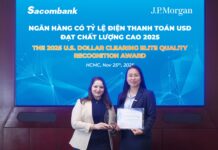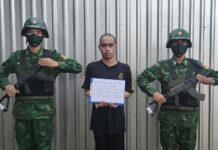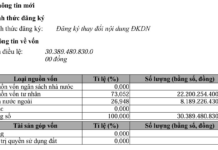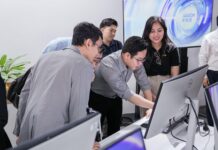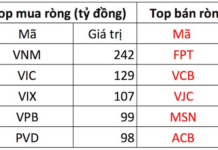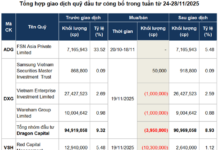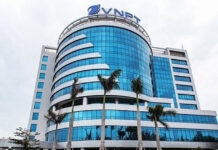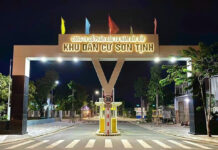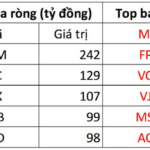During a seminar on the semiconductor industry held by the Ministry of Planning and Investment (MPI) this afternoon (August 9), Mr. Truong Gia Binh, Chairman of FPT, affirmed that career prospects and employment are the most important issues for young people pursuing a career in semiconductors.
There are plenty of opportunities in the industry, and Mr. Binh assured that FPT can hire all the semiconductor professionals they train and even need more to meet the company’s demands.
“When I meet with Japanese businesses, they have many tasks they want to assign to us. Our job is to learn and improve continuously,” shared Mr. Binh.
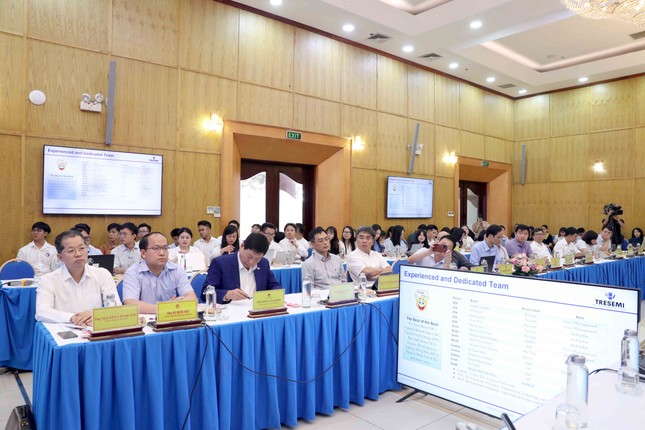
Seminar on the semiconductor industry held by MPI on August 9.
Mr. Vu Hai Quan, Director of Ho Chi Minh City National University, affirmed the crucial role of government agencies and businesses in the training process. However, a challenge remains as businesses’ primary goal is recruitment, and not many are genuinely interested in collaborating with universities in human resource development. Additionally, most semiconductor companies are small and medium-sized and have little interest in R&D collaboration.
Mr. Quan admitted that the universities lack combat-ready researchers who can solve businesses’ problems. They also lack attractive policies to support scientists and talented students and lack professional design tools and realistic PDKs from chip foundry companies. As a result, it is difficult for university research products to convince businesses.
Mr. Quan proposed investing in the development of specialized research centers in the semiconductor field and developing policies and investing resources to attract and train lecturers.
The special mechanism for the development of Da Nang City, approved by the National Assembly, includes important content on semiconductor chip development. Mr. Nguyen Van Quang, Secretary of the Da Nang Party Committee, said that the locality has decided to develop a project to train and develop at least 5,000 engineers in the field of integrated circuits and semiconductors by 2030.
Da Nang leaders requested that MPI soon submit to the Government for issuance of a strategy on developing human resources for the semiconductor industry, including allocating appropriate resources and focusing on creating favorable conditions for localities with strengths (including Da Nang). They also proposed investing in a center to serve the national semiconductor industry in Hanoi, Ho Chi Minh City, and Da Nang.
Taking note of the opinions, Minister of MPI Nguyen Chi Dung said that in August, the Government will make important decisions, including the issues mentioned by the Secretary of the Da Nang Party Committee. Previously, the Ministry had advised and submitted to the Prime Minister a project to develop human resources for the semiconductor industry by 2030, with a vision to 2050.
Minister Dung emphasized that Vietnam needs to prioritize investing heavily in developing high-quality human resources. Semiconductor workforce training is a strategic issue, and the country that masters and trains it will succeed.







